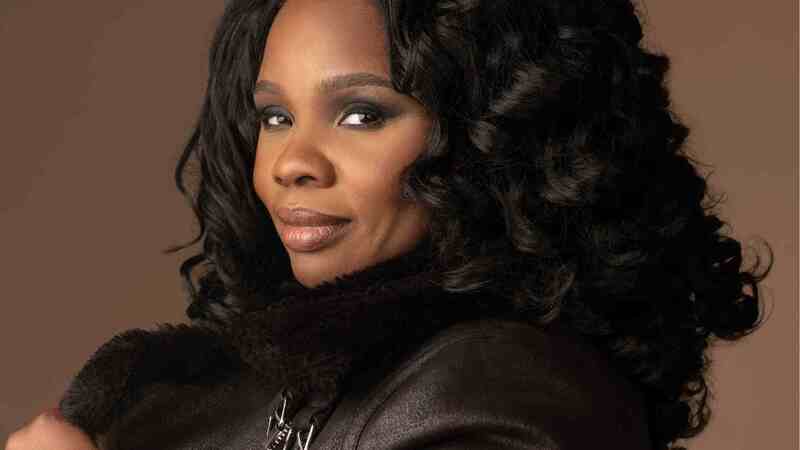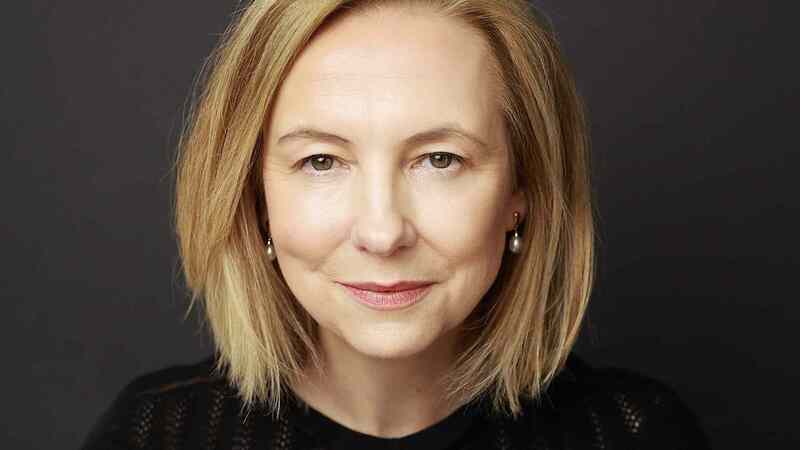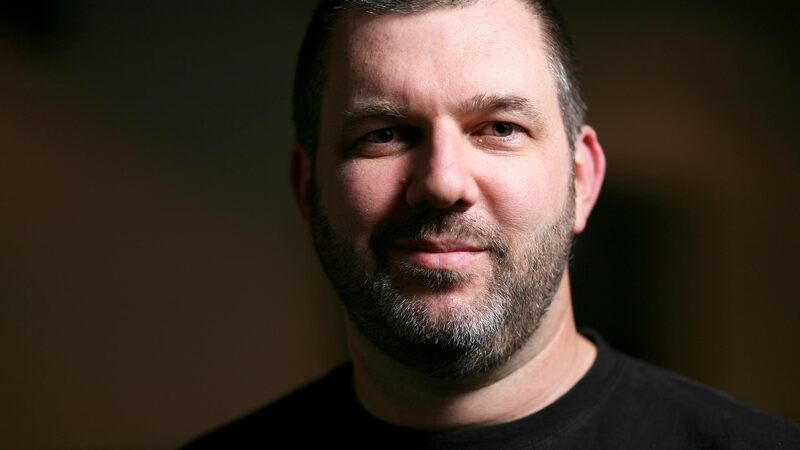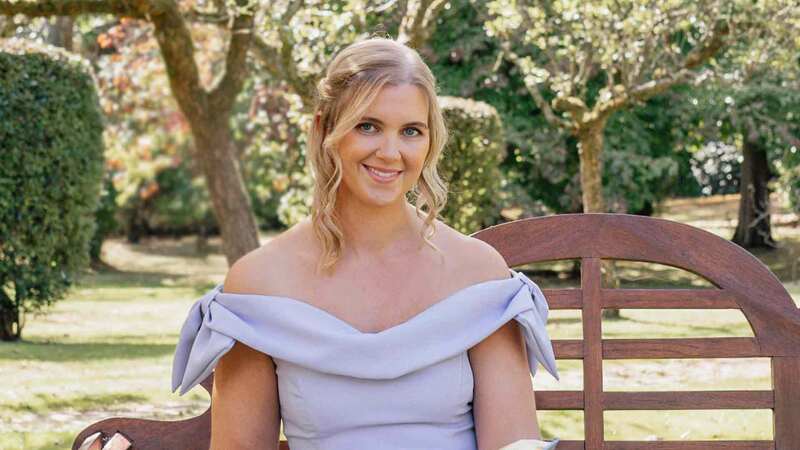You are viewing your 1 free article this month. Login to read more articles.
Passing the baton: Cheetham to hand HoZ reins to son Nicolas after recovery
Independent press Head of Zeus may be young, but its story is a familiar one. The company published its first book in 2012, and this year will likely hit sales just south of £10m. But the growth only tells half the tale. Founded by serial kickstarter Anthony Cheetham (below left), it was run for four of its six years by Amanda Ridout, whose abrupt departure in late 2017 came after the business suffered a dramatic fall in profits. Cheetham is now back at the helm—albeit temporarily. His son Nicolas (below right), publisher, will take over as chief executive at the end of this year.
Cheetham the elder says the decision to take back control of the business from Ridout was unavoidable—and partly down to old-fashioned chemistry. "We failed to achieve symbiosis—we never worked out a proper way to live together. There’s no blame. It happened." Nicolas Cheetham puts it another way. "I was very sad to see the pair of them part ways, as I thought they made a very good team. They were very much aligned in lots of ways, but there were little grits that, rather than becoming pearls, grew into bigger differences. There was this tiny sheet of paper between them, but it wasn’t working out and you can’t have a business with two bosses."
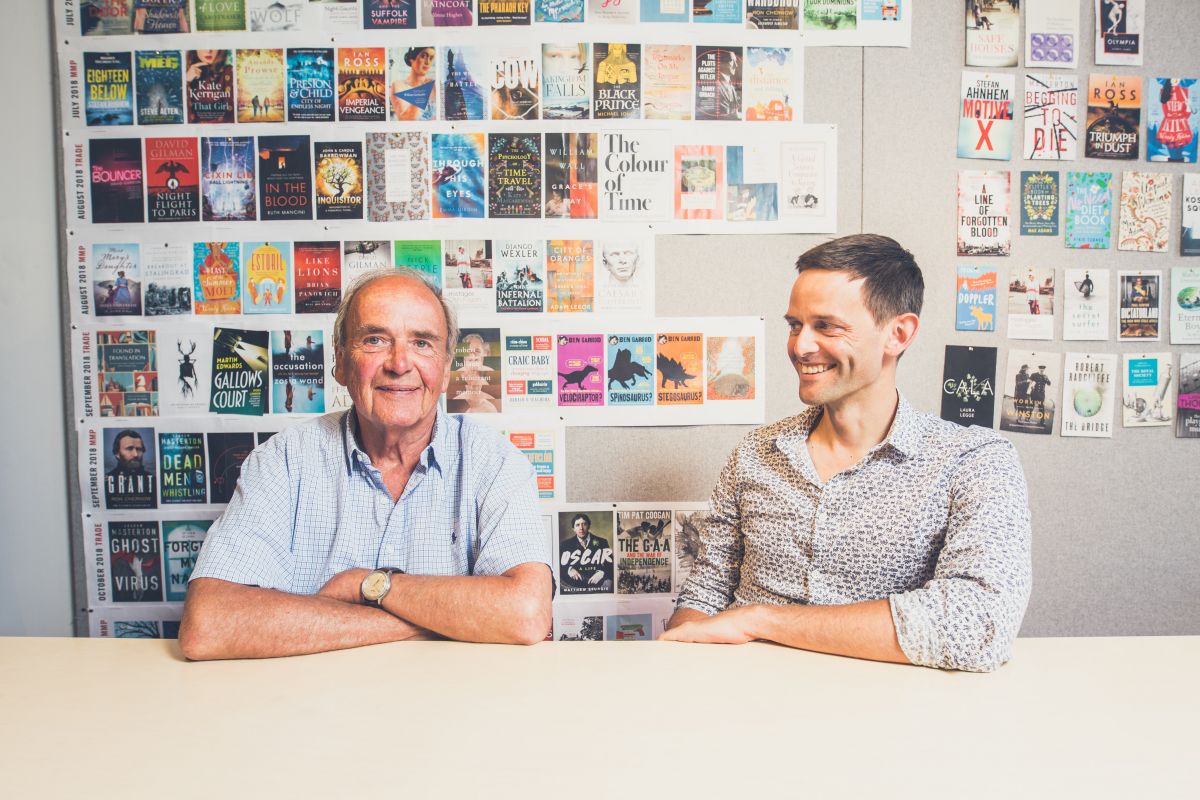
Under Ridout, HoZ was transformed from a list heavily focused on the growing e-book market—with writers such as Nadine Dorries leading its initial digital push—to a fully-fledged print and e-book business, with the shift helped by the arrival of sales director Daniel Groenewald in 2014, and the appointment of a rep team in 2016. In 2017, HoZ’s physical book sales through Nielsen’s Total Consumer Market grew 39%, to £4.2m.
But it was a softening of the digital market and the consequent loss of profitability that forced Cheetham’s hand. "Our business changed very fundamentally very suddenly. We’re not quite sure whether the e-book market disappeared, or whether Amazon simply shifted it with a new algorithm to favour a different set of people. A far larger share has gone to Amazon." Although its sales still grew, the real hit was taken on the bottom line, where profits fell from £828,000 in 2016 to £134,000 in 2017.
"We needed to do something, because the profits were down to floor level. From our point of view profit is terribly important, it is not just about staff morale. We don’t have some great centre where we can say, ‘Can we have another couple of million to see us through?’ Our profit is what we spend on new books, so we needed a recovery."
The history ploy
That recovery, says Anthony Cheetham, was already planned. "We did see it [the e-book market decline] coming, so we had a year to prepare for it. I’d never really left the business. Amanda’s primary interest lay in the popular fiction end, and I had been developing the high-end non-fiction. But we still had to motor quite hard."
Part of the Apollo division, its non-fiction publishing is led by author Dan Jones: his The Templars was a bestseller, and his new book The Colour of Time, which features full-colour digital renditions of historical photos by artist Marina Amaral, is expected to be a break-out hit this year. A September launch of the “Apollo Eight” includes Darling Winston by David Lough and Rome, Eternal City by Ferdinand Addiss. "We’ve gone very heartily into history, science, biography—the soft humanities. The great thing about non-fiction is you can make it happen; you cannot commission a novel in the same way. In non-fiction, you can say, ‘I want a book on this subject, at that length’, and then you find the right author."
There has also been the launch of Zephyr, a new children’s list, and Aria, an e-book-only imprint that has enabled HoZ to more clearly delineate between books that will work digitally, and those that can travel more widely.
The rebalancing of HoZ has been dramatic. Two years ago, 60% of its sales were from e-books (and probably most of the profit), but now it is a third. Non-fiction sales are up to 35%, with commercial fiction still the heart.
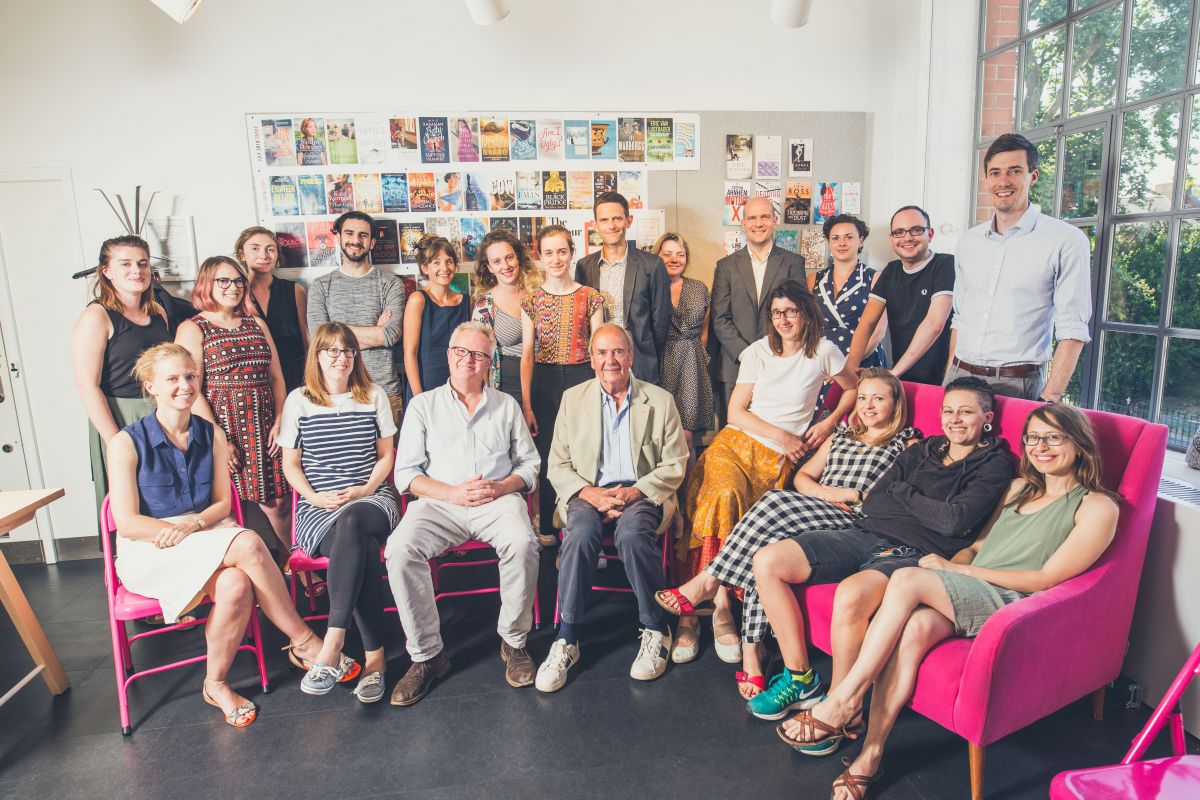
Head of Zeus' staff in its Clerkenwell Office
It is clear what Cheetham senior’s instincts tell him to focus on. "It sounds snobby, but [the e-book] is not what any of us came into publishing to do. It has been a useful adjunct to get the business going, but the lasting bit of the market is probably at the serious end. That creates the legacy and attracts the authors for the future." Yet, says Cheetham junior, digital remains a strong bedrock for the business: "E-books have been the most wonderful profit stream, but there is a strong drive to make us sustainable, and the decline of the e-book market has made that a bit tougher."
Key now, the pair say, is to grow the business to a size where it can compete for talent, and retain those authors who it has made into bestsellers. Profits are expected to return to 2016 levels this year, and Anthony Cheetham has reaffirmed the target to double sales over the next three years. He says: “I think we have to get to £20m if we are going to compete effectively. Otherwise, we are simply a bottom feeder, and you can’t be a bottom feeder for long,as either the books don’t work and you go out of business, or they do work and everyone tries to steal the author."
Groenewald says the company is now set up to handle a phase of growth—from £10m to £20m—that can often trip up small businesses: "We’ve grown at an exceptional rate, and what we have now is a tiered structure to manage the business. Amanda helped us put that team in place." Laura Palmer, publishing director, concurs: "The department heads have really stepped up. There was a flat structure before, but the individual heads are now much more responsible for their own sections. We’ve become more creative." The Cheethams have also drawn on their experiences at Atlantic and Quercus, where both father and son worked. Says Nic Cheetham: "Those companies ran into trouble because they did not have the right structure."
"It’s a bit touch and go," says Anthony Cheetham, candidly, when he is asked if the firm will need outside investment to get to the next stage. "But that is more a problem for my son," he adds. In 2012, Cheetham the elder said that he started HoZ partly so that his last memory of publishing wasn’t a bad one, after the splits from Quercus and Atlantic. He is still determined to exit on a happy note.
So long his father’s wingman, is Nic ready? "It’s been wonderful having the opportunity to do all the things I did, with Anthony (or Amanda) having to take the flak. Stepping in fills me with a certain degree of trepidation, but our core vision for the business remains as it was back in 2012, and I am very protective of that.”










